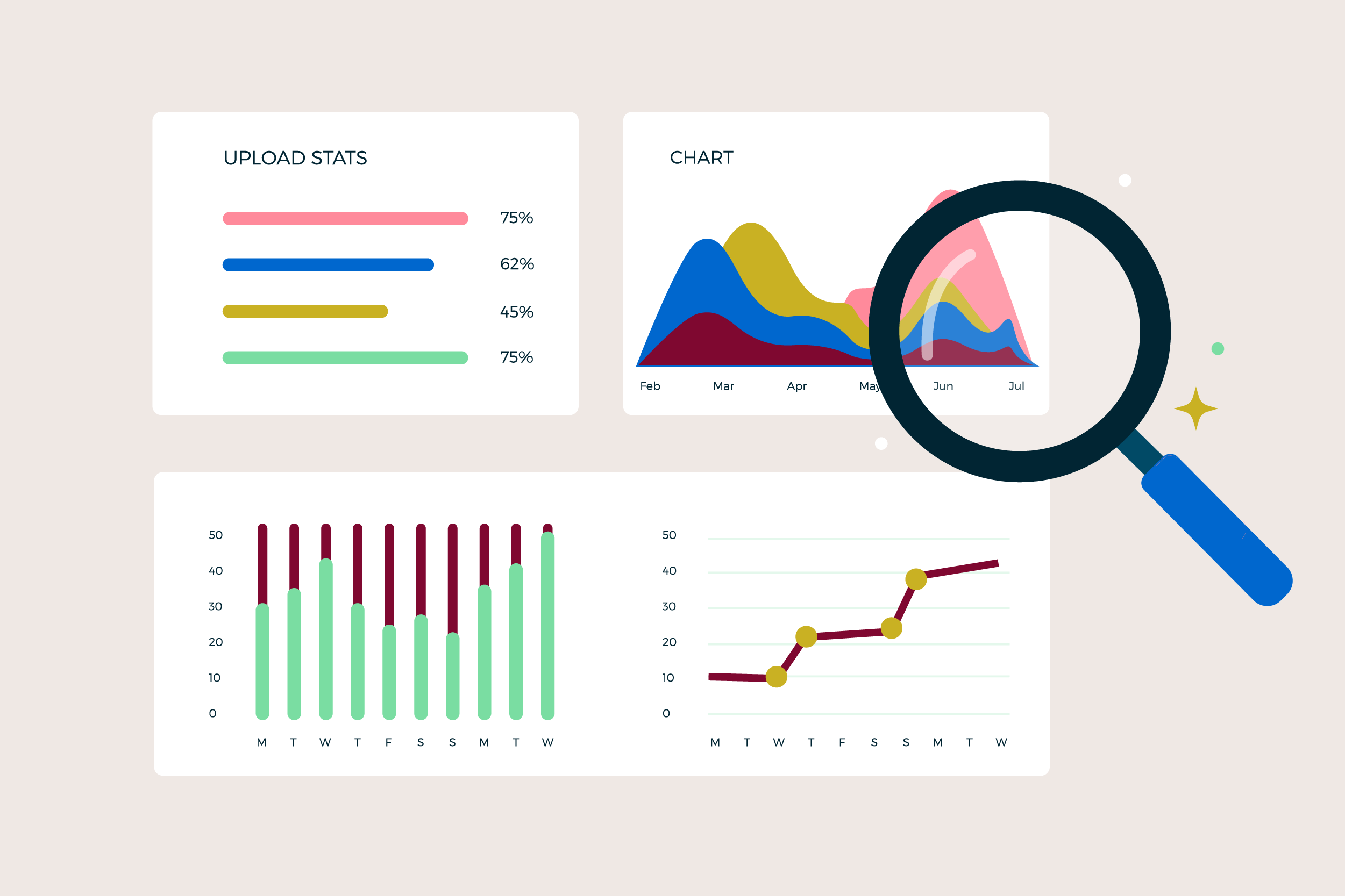Business Intelligence tools are made up of a collection of computer hardware and software programs. These tools are designed to help business make sense of unstructured data found in business computer systems.
Using business intelligence tools can help companies learn more about their past performance and also act as a predictor of future behavior.
Business intelligence systems contain a wide variety of unrelated data that can reveal important business information like business trends, sales opportunities, customer services opportunities and more.
Top companies invest in BI analytics tools to learn more about theirs (and their competitors) businesses’ through data.
Let’s look at 5 things to consider when evaluating BI analytics tools.
Table of Contents
1. Business Use Case
What important business issues are you and your team trying to solve? Do you need a tool that can help you analyze historical data, or are you looking for a tool to help with future forecasts and predictive analysis?
Understanding your business needs and how you will use BI analytics tools will make it easier for you to choose the best tool for your specific business needs. Pay attention to features for data mining, predictive analysis. Is the tool capable of performing ad hoc (on the spot) queries and analysis based on data existing in the system?
2. User Interface
Is the BI user interface easy to understand, simple to use and intuitive? When working with large data sets, it’s important to be able to get the desired results without having to complete a complex set of steps to get to the data. Choose BI analytics tools that have intuitive user interfaces that make the process of data analysis easier.
3. Cloud-Based Systems
One of the most important decisions to make when choosing BI Analytics tools is whether you’ll be using local or cloud-based systems. Keeping up with the pace of technology is an important business requirement.
Most businesses that use BI analytics tools are opting for cloud-based systems that make it easy to gain insights from important data via a remote channel or connection.
Cloud-based tools are stored on a virtual server where employees and business decision makers can login from an internet connected device and access business software.
4. Predictive Analysis
Business Analytics tools are used to analyze unrelated data from a wide variety of input sources. The tools used make it easier to find key relationships and patterns in data that would have otherwise gone unnoticed. Predictive analysis is used to help businesses make important decisions based on data from existing and emerging trends.
A historical review of business intelligence data from the past can provide business decision makers with a potential outcome based on past performance. Predictive analytics can paint a clear picture of opportunities for improvements in the areas of user and customer experience.
5. Accuracy and Performance
Before settling on an expensive hardware or software setup for BI analytics tools, ask your self the following question. Are the tools being used able to provide an accurate measure of past performance for your specific business processes?
Business Intelligence tools are used to help businesses make important decisions based on information learned from the past about specific processes and business procedures.
Key Takeaways and Advice
Now that you’ve read our short guide on evaluating BI analytics tools, you can feel more confident when preparing to search for your next analytics tools and software. It’s important to clearly identify your individual business needs to choose the best BI or BA software to meet your company’s needs.




